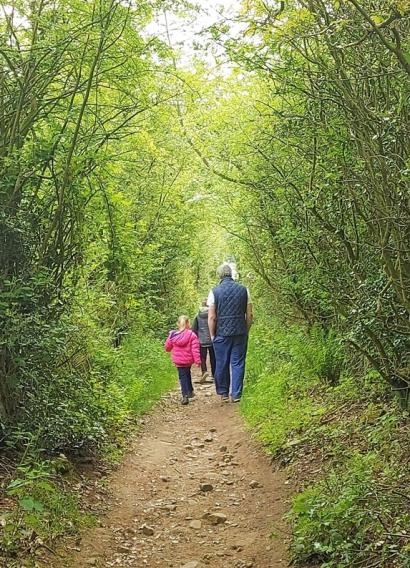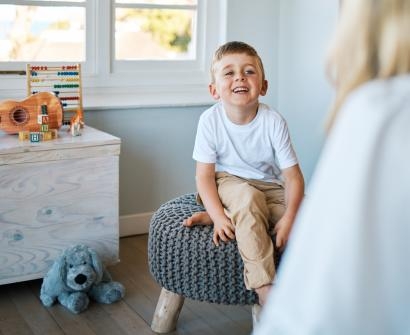Coping with Goodbyes: When a Foster Child Leaves

At Family Care, we understand that coping with goodbyes when a foster child leaves is never easy, especially when it comes to a foster child who has been a part of your life. As a foster carer, you invest your time, love, and energy into providing a safe and nurturing environment for these children.
When the time comes for them to leave, whether it's returning to their birth family, moving to another placement, or being adopted, the emotional impact can be profound. Here's how you can cope with these difficult goodbyes and navigate this transition:
Understanding the Emotional Impact
1. Acknowledging Your Feelings: It's normal to experience a range of emotions when a foster child leaves your home. You might feel sadness, loss, grief, or you might not know how you feel. Allow yourself to feel these emotions without judgment. Bottling up your feelings can lead to more stress and emotional difficulties later on.
2. Grieving the Loss: Saying goodbye to a foster child can be similar to grieving a loss. Recognise that grieving is a personal and unique process that takes time. It's okay to mourn the loss of the daily presence of the child and the bond you've built.
Practical Steps for Coping
1. Create a Goodbye Celebration: Establishing a goodbye ritual can provide closure for both you and the child. This could be a special dinner, a small party, or creating a memory book together. A ritual helps in acknowledging the departure and celebrating the time spent together.
2. Stay Connected (If Appropriate): If the situation allows, staying in touch with the child can be comforting. Regular updates, letters, or occasional visits can help ease the transition. However, always consider what is in the best interest of the child and respect any boundaries set by their new guardians or the child welfare agency.
3. Seek Support: Talk to friends, family, or support groups who understand what you're going through. Sharing your feelings and experiences with other foster carers from Family Care who have been in similar situations can provide comfort and reassurance.
Focusing on the Positive's of Saying Goodbye
1. Reflect on the Positive Impact: Remember the positive difference you've made in the child's life. Reflect on the growth, stability, and love you provided during their stay. Celebrate the successes and milestones achieved together.
2. Know You Made a Difference: Even though the child is leaving, the love and care you've given them will continue to impact their life. You have provided them with stability, support, and positive memories that will stay with them long after they leave your home.
Preparing for Future Placements
1. Give Yourself Time: Allow yourself some time to heal and process your emotions before taking in another foster child. Each child and situation is unique, and it's important to be emotionally ready for your next placement.
2. Learn and Grow: Use this experience to reflect on what you've learned. Each fostering experience teaches valuable lessons about yourself and about caregiving. Take these lessons forward into future placements to continue growing as a foster carer.
Helping Foster Children Cope With Saying Goodbye
1. Prepare the Child for the Transition: Help the foster child prepare for their move by discussing it openly and honestly. Provide reassurance and support, emphasizing the positive aspects of their new situation. Allow them to express their feelings and answer any questions they might have.
2. Create Memories: Help the child create a scrapbook or memory box of their time with you. This can include photos, drawings, and mementos that will help them remember their time in your home fondly.
Help us make a life changing difference:
The shortage of foster carers has a profound impact on vulnerable young people in the UK. Some young people will live far away from family, friends, and school and be separated from their siblings.
Historically, 70-80% of foster placements have been within 20 miles of the young people's home. That means 20-30% of placements are more than 20 miles away. It's evident that many young people will benefit from maintaining their current school and friendship groups, but for others, a change is in their best interests.
The average age of young people coming to live with our foster families is 10, so a change of school is imminent. Nevertheless, every effort must be made to recruit new families in local areas with high demand. If you live in the Northwest or the Midlands and would like to explore becoming a foster carer, we can help.
Read about our application process here.
Get in touch with us by completing our short inquiry form online or call us at 0800 5 677677. There is no obligation for anything more than a chat.
Start Your Fostering Journey Today

Healing Pasts | Building Futures
Since 1988
0800 5 677 677










